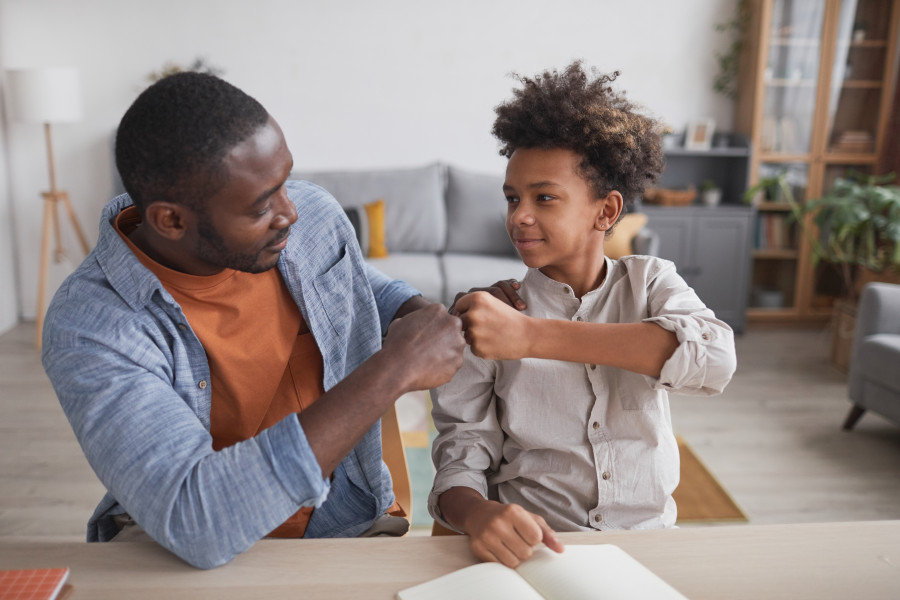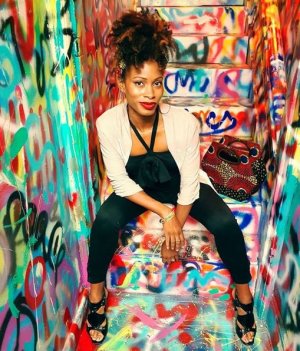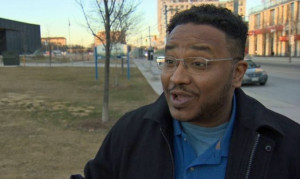Race-based statistics are hard to come by in Canada, but recent studies have begun to provide supporting data for the anecdotal experiences many Black students voice. With statistics showing that Black students are disproportionately disciplined and suspended, are twice as likely to be streamed into applied versus academic programs, and often face biases and blatant racism that impede their ability to learn, many parents are wondering what the best—and safest—route to academic success is for their children. A growing number of parents have taken matters into their own hands by homeschooling their children—an option that is becoming more attractive to Black families.
Listen to the audio version of this article:
Per a 2017 study by the Fraser Institute, there was a decline in the number of Canadian students enrolled in public school from 2000-2015, but an increase in the number of students being homeschooled or attending independent schools over the same time period. 26,646 students were enrolled in homeschools in the 2014/15 school year, up from 19,504 in the 2007/08 school year.
American statistics shed light on the racial breakdown of homeschooling. In the U.S., 220,000 Black children were homeschooled in 2016 (making up 10 percent of America’s homeschooling demographic), more than doubling the 103,000 being homeschooled in 2003. While research shows that white families often cite the desire to maintain religious or moral values for their children as their reason for homeschooling, Black families often choose homeschooling as a way to protect their child from racism in the school system.
Kearie Daniel is a Canadian author, host of the Woke Mommy Chatter podcast, and mom to two kids, aged 7 and 5 living in the Greater Toronto Area. She’s currently considering homeschooling her children. “The bottom line is that I don’t have faith in the public education system to educate my Black children without inflicting trauma,” she shared. “Having been through the public education system and knowing what I experienced, I want something different for my kids—a different outcome than the statistics predict for them.”
Similarly, artist and professor Naila Keleta-Mae wrote about homeschooling being her first impulse when her daughter experienced anti-Black racism in kindergarten. On the second day of class, a classmate told her daughter that “Black people are dirty and smelly,” and Keleta-Mae’s heart sank when the teacher called to inform her. “We’re both Black people who’ve gone through public schooling in Canada,” writes Keleta-Mae of her and her child's father. “We know that in spite of Canada’s proclamations that it’s a fully multicultural and just society, anti-Black racism has long existed within its educational institutions.” The rarity of these incidents is dispelled by the fact that Black parents navigating racism in their children’s schools today were once students themselves, experiencing the same racism and bias.
In Policing Black Lives: State Violence in Canada from Slavery to the Present, author and activist Robyn Maynard highlights the disparities in Canada’s education system. In an excerpt for The Walrus, Maynard shares how education fails Black students in its legislated role as a “fundamental social good,” instead functioning as a site of trauma. “Because Black youth are so often not seen or treated as children,” Maynard writes, “schools too often become their first encounter with the organized and systemic devaluation of Blackness present in society at large.”
Daniel is well aware of the impact of this devaluation and how it affects not only her children, but herself. “The trauma experienced by Black people in predominantly white spaces is real and unique,” she states. “It’s a constant navigation through a minefield of microaggressions and subtleties in behaviour, that even I as an adult agonize over deciphering.”
From dissatisfaction with the lack of Black history taught in schools to the ease with which Black children are often discouraged from achieving lofty academic goals to the stereotypes that view Black children as more aggressive than their non-Black counterparts, a number of factors are shaping parents’ decisions to pull their children from the school system and educate them at home.
However, race isn’t the only element leading Black parents to homeschooling. For some parents, it simply makes more sense. Canadian mom Heather Greenwood-Davis, of the blog Globetrotting Mama, took her children out of school for a year while their family traveled the world. Alternatively, Maryland-based writer Dara Mathis homeschooled her 6-year old daughter Samira out of financial necessity. She was five months pregnant with their second child when the Mathis family relocated to the DC metropolitan area for her husband’s work. Dara decided not to return to the workforce right away, and while their income didn’t qualify them for public preschool (in their county, public preschool is limited to families who make under a certain amount monthly), they couldn’t afford private preschool either. Dara became Samira’s primary educator from the age of 3 to 5, and Samira entered kindergarten in September 2017, reading at a first-grade level.
Mathis homeschooled her daughter to better prepare her for public school, and learned a few tricks on how to make that transition easier. “If you plan on enrolling them in public school eventually, find out what the academic standards are early,” shares Mathis. “Look into local programs—sports, recreation centers, arts collectives—that have free or affordable classes for kids to provide group interaction or specialized education for your child.” While a major concern for parents considering homeschooling is simply how to keep their sanity, Mathis offers another tip: “I would advise other Black parents who are considering homeschooling to try to connect with other Black homeschoolers in the area. Education at home doesn't have to be a solitary pursuit.”
Sherie Nelson-Allen is the founder and principal at The Learning Habitat, a home-based institution providing individualized education and tutoring for children from pre-kindergarten through the elementary school grades in Brampton, Ontario. After immigrating to Canada from Jamaica three years ago, Nelson-Allen noted that there was a marked difference in the education her daughter was receiving here compared to Jamaica—and it wasn’t a positive realization. “Everything she was learning here, she already knew,” said Nelson-Allen in our phone conversation. Nelson-Allen decided to enroll her daughter in French immersion for an added challenge and recognized the benefits of socialization in school, but supplemented her daughter’s schooling with additional education at home.
Through discussions with other parents, Nelson-Allen realized that many other children could benefit from similar supports, and The Learning Habitat was born. Nelson-Allen mainly provides 1:1 programming for her students in math, reading, and French, six days a week. Her students are a range of races and cultures, but she notes they are primarily Black from African and Caribbean backgrounds, with parents who are concerned about their children’s progress in the public school system. Nelson-Allen provides lesson plans so that parents can continue at home, and also collaborates with public school teachers to further support the students.
Acknowledging the challenges parents face with work and other family duties, Nelson-Allen still stresses the importance of parental involvement. “Parents need to spend time to reinforce learning for their kids,” she states. “The same way you schedule extracurriculars and worship time and whatever else that is important, parents need to set aside even 3 hours a week to reinforce lessons and teach new things.”
Nelson-Allen’s son just turned 2, and he is already embedded into the practice of structured learning. Now, Nelson-Allen is thinking about her son’s future. “He doesn’t have the same foundation as his sister,” Nelson-Allen notes, comparing the early education her daughter received in Jamaica. “I’m really considering keeping him home and homeschooling him here.”
Homeschooling is a major commitment and one that requires a lot of careful consideration, but it is becoming an increasingly accessible choice for Black parents in Canada and abroad. It may not be feasible for some families, but it’s an option—one that not only provides an alternative path to academic success, but shifts the dynamic for people who often feel powerless within an inherently powerful system.

 By
By 








